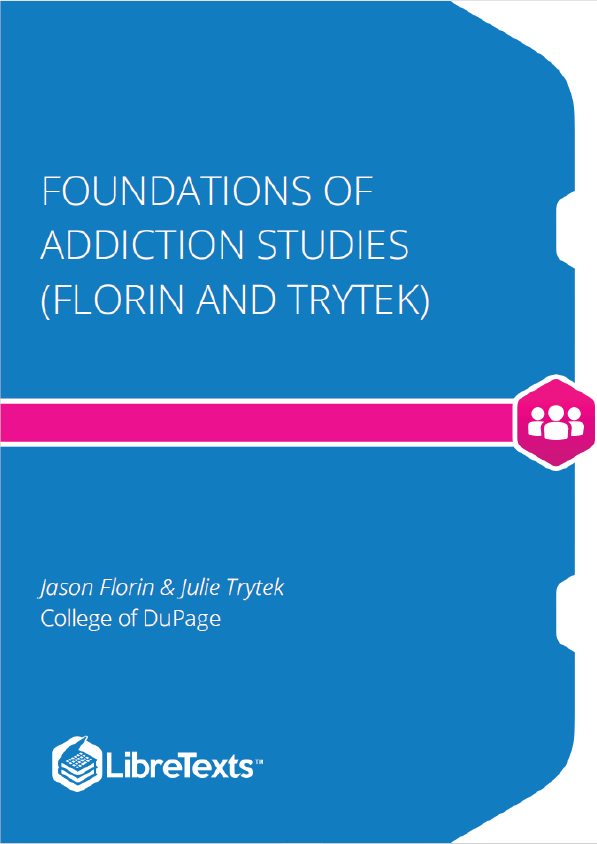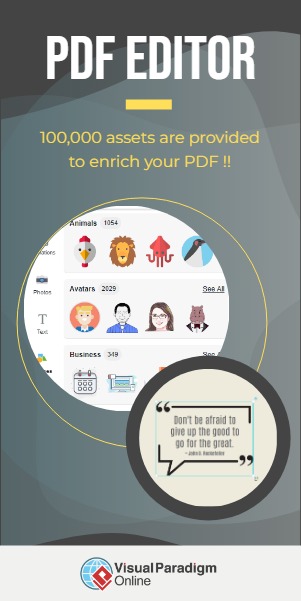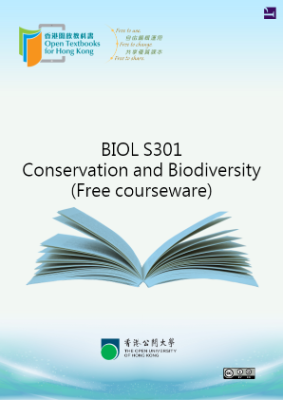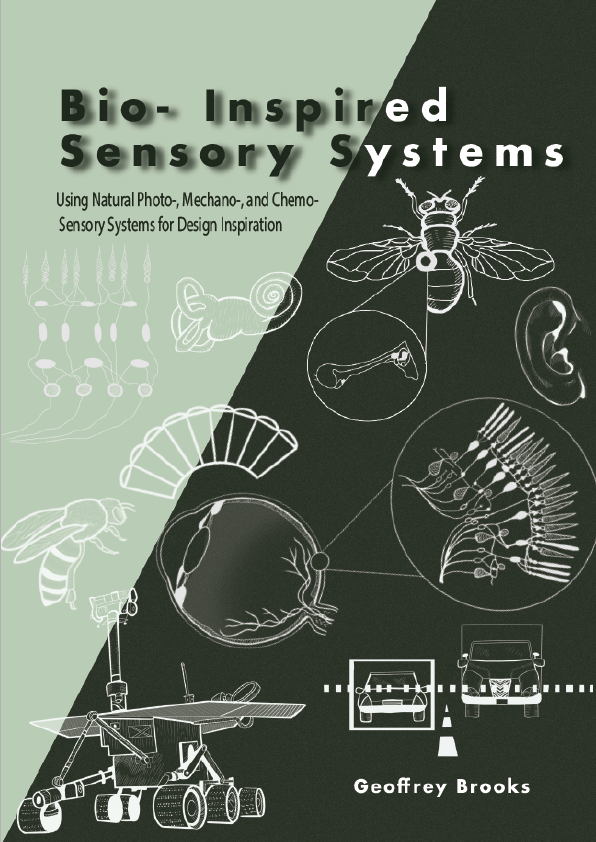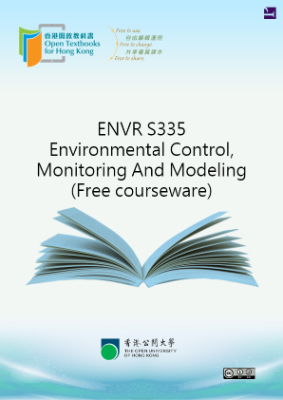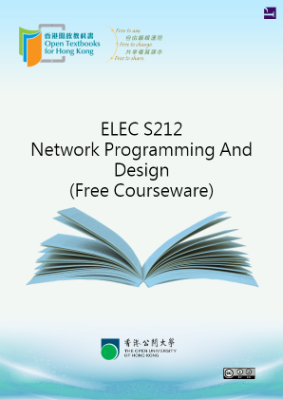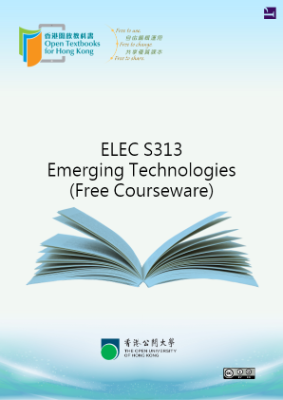In this book, we want to bring to life the core concepts at the heart of addiction. You may have friends or family members struggling with an addiction, or you yourself may have problems with addiction. You might be interested in working to help people in recovery, or you are simply curious to know more about this issue. Whatever the case, this book will introduce key terminology and research help you define, discuss, diagnose, and deal with this problem.
For thousands of years, human cultures have used psychoactive substances for various purposes, including religious ceremonies, medicinal healing, to experience altered mind states, and for the pure pleasure it can produce.
In popular American culture, drug use is often glamorized – or even dramatized – as a way of providing maximum effect in television shows, films, and books. These stories shape our expectancies about what drugs will do to us (or for us) and how we understand the issue of addiction. Unfortunately, these portrayals do little to clarify the confusion about addiction, and they may worsen the stigma.
Going into this book, we ask you to keep an open mind. It is tempting to see addiction through the lens of our own experiences, and that is natural to do. However, many voices contribute to the concept of addiction, and they deserve to be heard as well. Because addiction is a complicated process, our understanding of it often requires us to challenge our existing views.
The word “addiction” is derived from a Latin term for “enslaved by” or “bound to.” Anyone who has struggled to overcome an addiction — or has tried to help someone else to do so — understands why.
Addiction exerts a long and powerful influence on the brain that manifests in three distinct ways: craving for the object of addiction, loss of control over its use, and continuing involvement with it despite adverse consequences. While overcoming addiction is possible, the process is often long, slow, and complicated. It took years for researchers and policymakers to arrive at this understanding. In the 1930s, when researchers first began to investigate what caused addictive behavior, they believed that people who developed addictions were somehow morally flawed or lacking in willpower. Overcoming addiction, they thought, involved punishing miscreants or, alternately, encouraging them to muster the will to break a habit.
The scientific consensus has changed since then. Today we recognize addiction as a chronic disease that changes both brain structure and function. Just as cardiovascular disease damages the heart and diabetes impairs the pancreas, addiction hijacks the brain. Recovery from addiction involves willpower, certainly, but it is not enough to “just say no” — as the 1980s slogan suggested. Instead, people typically use multiple strategies — including psychotherapy, medication, and self-care — as they try to break the grip of an addiction.
Another shift in thinking about addiction has occurred as well. For many years, experts believed that only alcohol and powerful drugs could cause addiction. Neuroimaging technologies and more recent research, however, have shown that certain pleasurable activities, such as gambling, shopping, and sex, can also co-opt the brain. Although the Diagnostic and Statistical Manual of Mental Disorders, Fourth Edition (DSM-IV) describes multiple addictions, each tied to a specific substance or activity, consensus is emerging that these may represent multiple expressions of a common underlying brain process.
